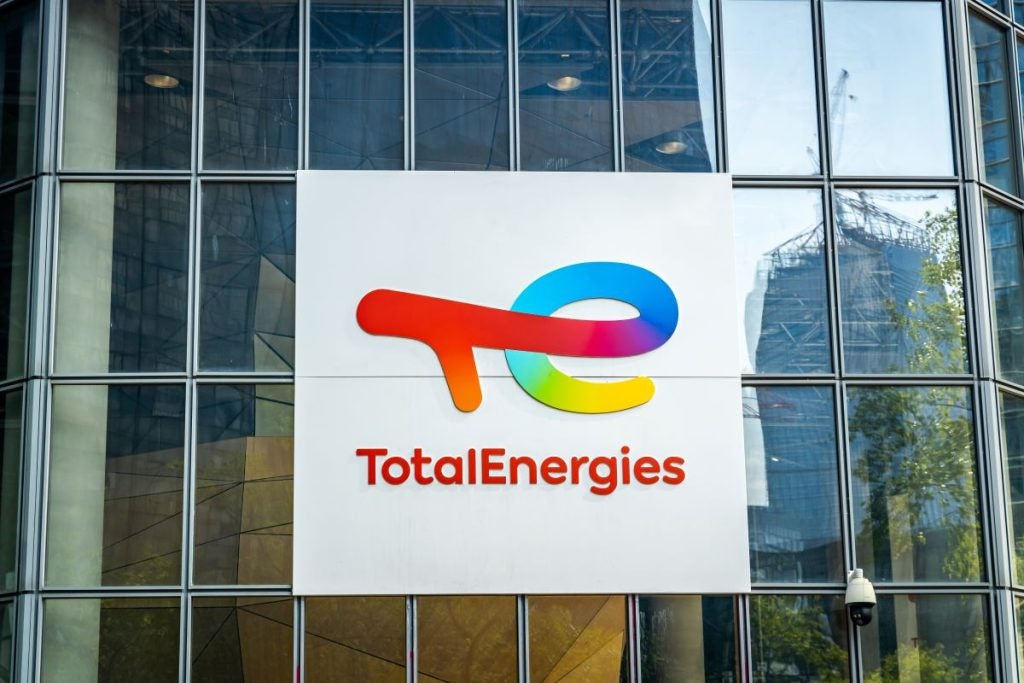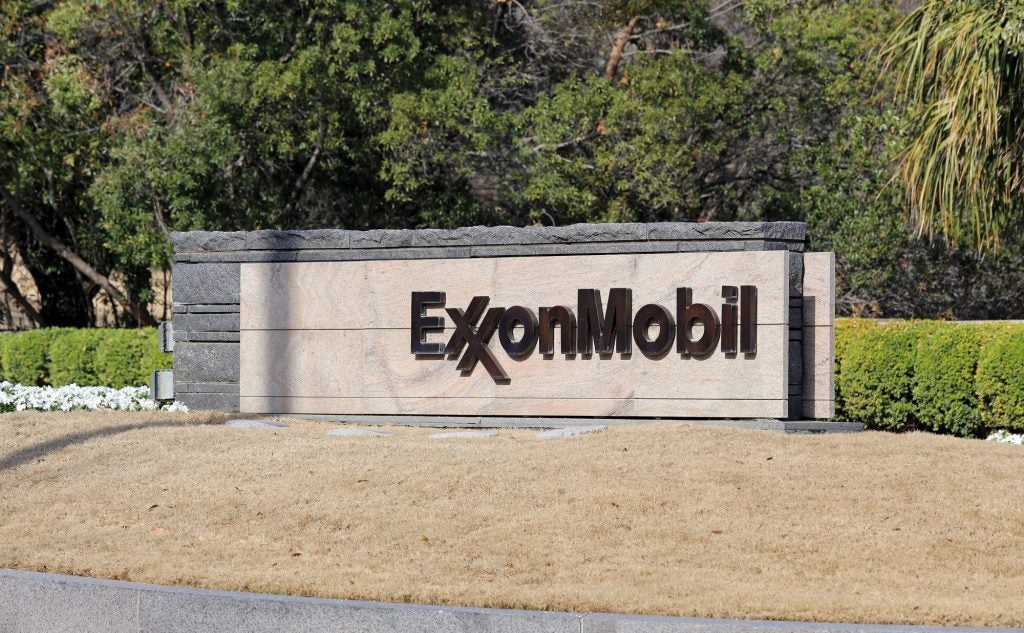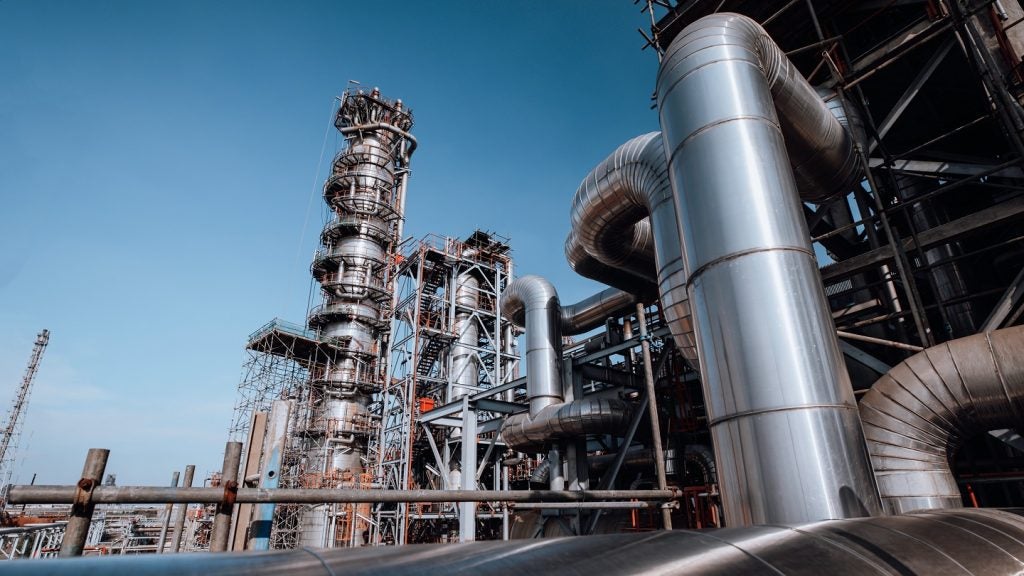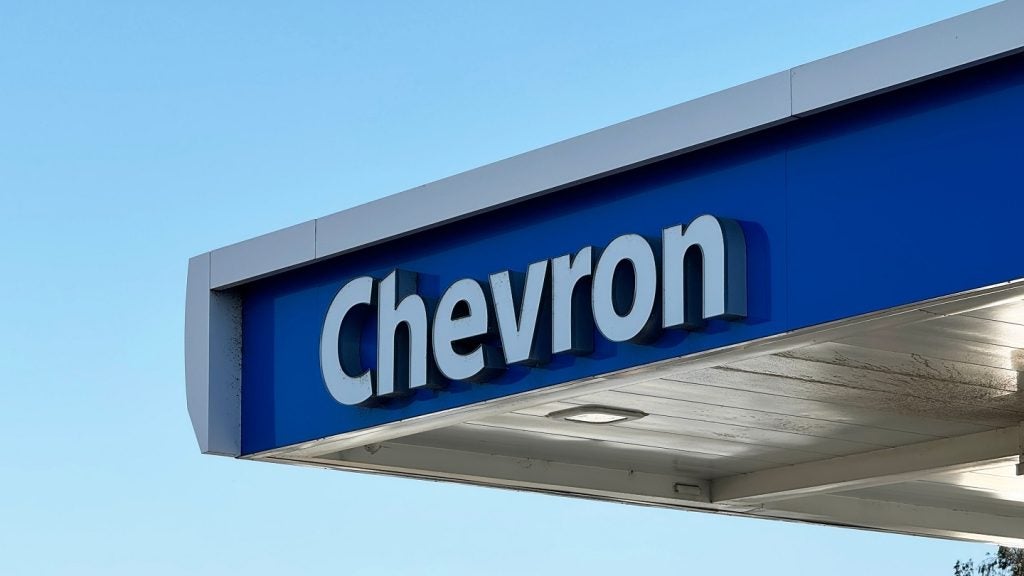Recent world events have sparked interest in potential refinery capacity increases to meet rising demand, with global capacity estimated at 103.5 million barrels per day (mbbl/d) in 2023, according to data from the US EIA.
The report on the global refining outlook illustrates the changes to global petroleum markets.
The ongoing effects of the Covid pandemic, Russia's invasion of Ukraine and shipping disruptions in the Red Sea have sparked interest in a potential increase in refinery capacity over the next few years to address growing demand.
The report on the global refining outlook also revealed that the Asia-Pacific region, particularly China, India and the Middle East, is set to play a significant role in the expected growth in refined product output.
The EIA estimates that between 2.6mbbl/d and 4.9mbbl/d of refining capacity will be added in these regions between 2024 and 2028, further solidifying their influence on the global petroleum markets.
From 2011–23, China's refinery capacity increased to 18.5mbbl/d, with the recent addition of 5.5mbbl/d.
The EIA expects five refinery projects to be completed in China through to 2028 to maximise naphtha and liquefied petroleum gas production, which serves as feedstock for integrated petrochemical facilities.
India increased its refinery distillation capacity by 1.3mbbl/d from 2011 to 2023, reaching a total capacity of 5.1mbbl/d by 2023. Up to 11 crude oil capacity expansion projects are expected in India by 2028.
The report said that refiners are expanding capacity to meet the increasing demand for consumer goods and transportation fuels.
Liquid fuel consumption in Africa is also expected to grow after 2030, but potential refinery capacity expansion projects in African countries may face competitive pressure from imports.
According to the EIA, the increase in liquid fuel consumption was previously connected to economic growth. However, due to increased petroleum consumption efficiency and the rise of electric vehicles globally, the connection between the two may weaken, leading to reduced motor gasoline consumption.
The report states that refining projects through 2028 will focus on growing demand centres in Asia and the Middle East due to their faster-growing economies and populations compared with the US, Western Europe and Japan.
In its 2023 International Energy Outlook, the EIA forecast that the rise in consumption and the establishment of new refineries in developing demand hubs will substantially impact the trade of crude oil and refined products.
The projections also indicate continued OPEC+ production restraint until 2028. Furthermore, the report highlighted that increasing domestic refinery capacity and demand for refined products may restrict crude oil exports from Middle Eastern producers until 2028.
Consequently, the EIA also anticipates that several non-OPEC+ countries such as the US, Canada, Brazil and Guyana will experience growth in crude oil production and supply crude oil to new refineries in China or India.















